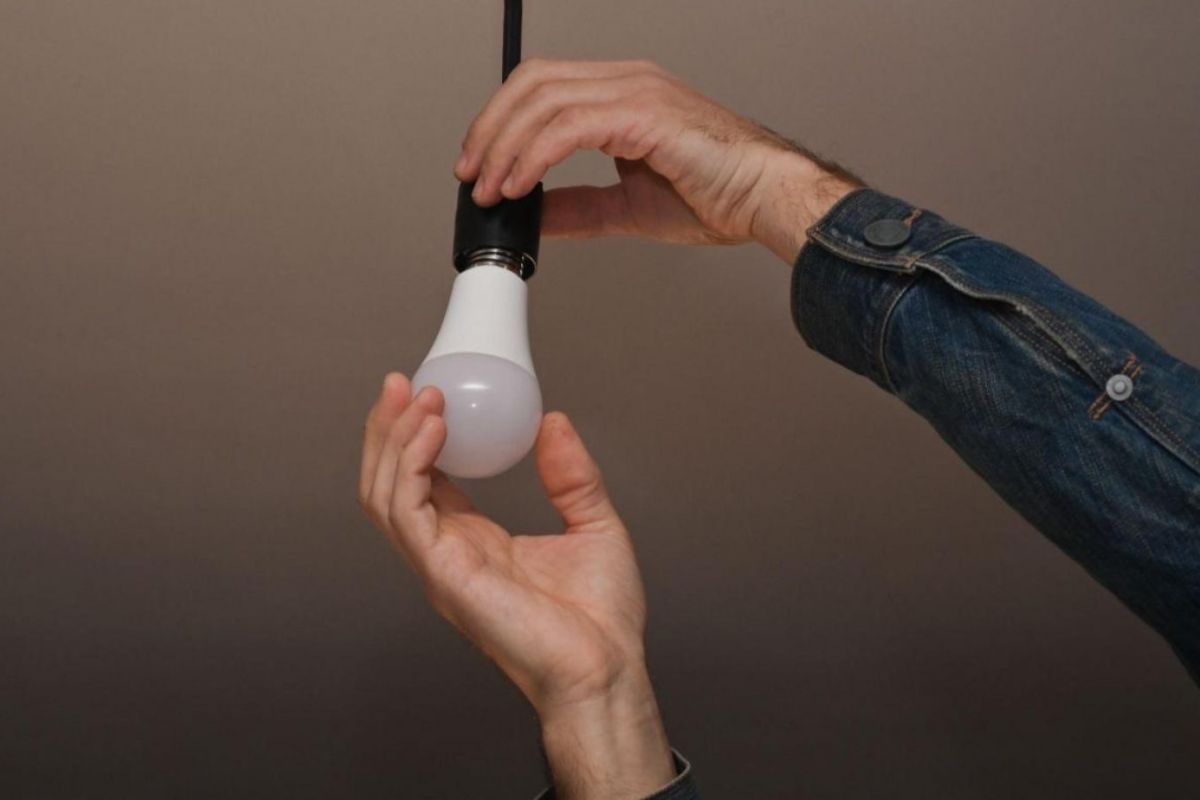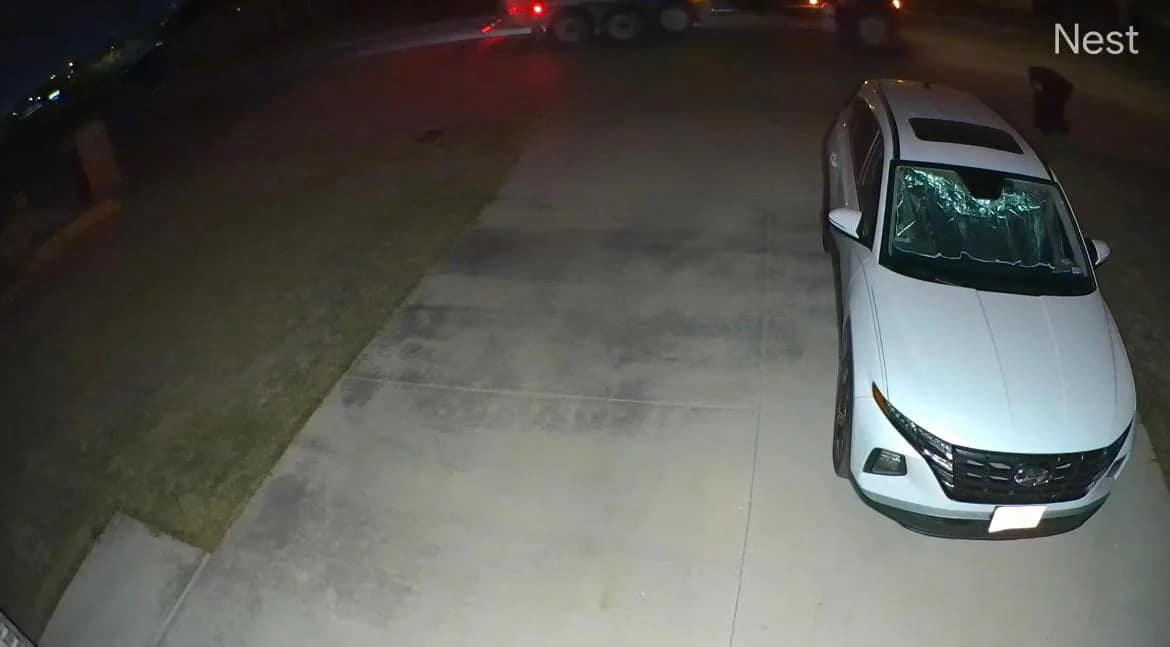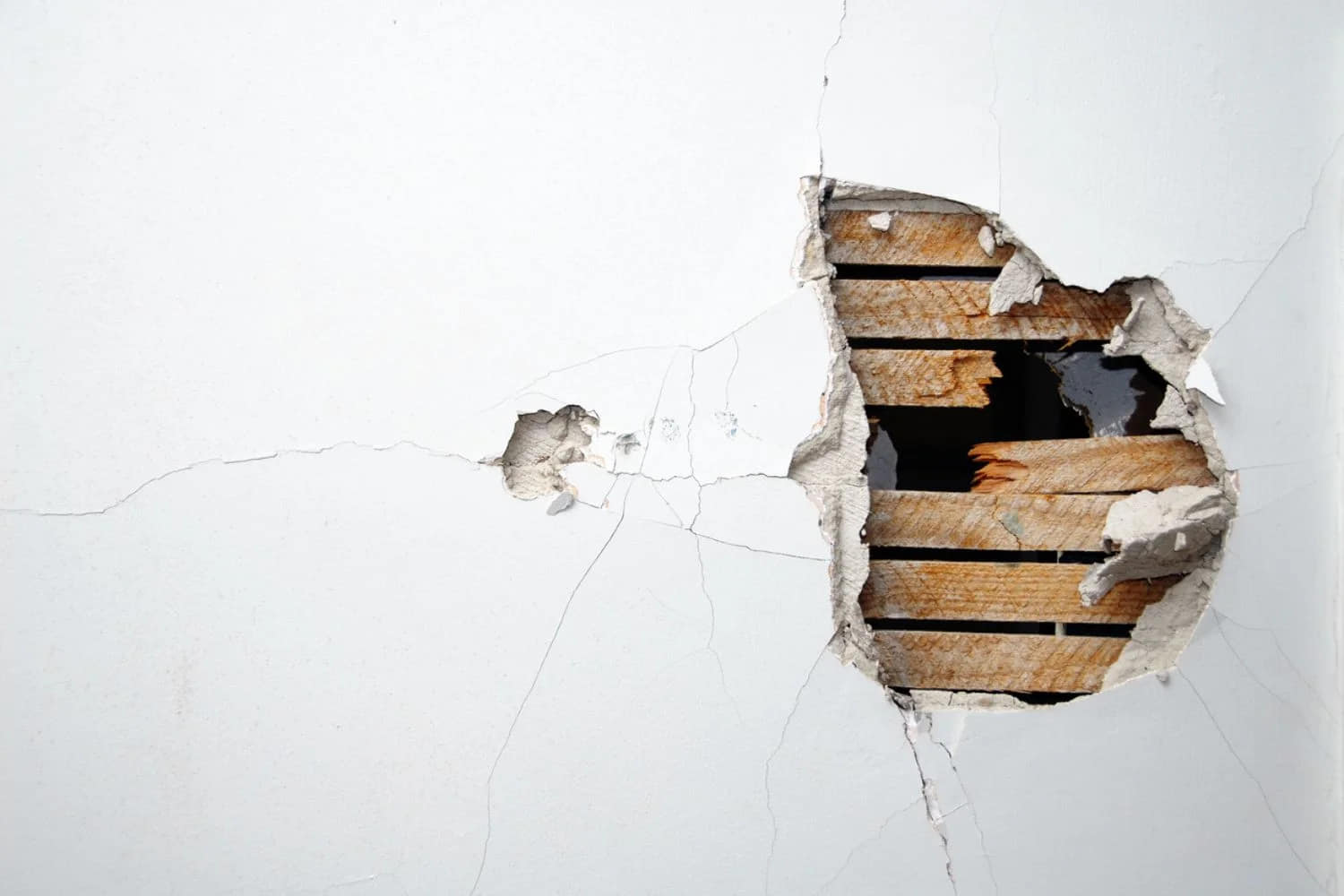How long can a tenant be without hot water? Hot water is important for daily tasks like cleaning, cooking and bathing. If a rental home does not have working hot water, tenants might wonder what their rights are. This article will look at a landlord's duty to provide hot water and how long they have to fix it before a tenant can take action.
When is hot water considered an emergency repair?
According to law, landlords have 24 hours to address emergency repairs that impact tenants' living conditions. An emergency is defined as the loss of essential services that make a property difficult to inhabit. For example, the complete failure of a hot water supply would constitute an emergency repair. Without the ability to bathe, clean dishes, or cook with hot water, tenants may find the living conditions unacceptable or untenable.
In these situations, landlords have a very short window of 24 hours to acknowledge the problem and make arrangements to restore essential services like hot water, thereby ensuring tenants can continue residing in the property with basic amenities.
Related: Is Tenant Responsible For Water Damage?
What should landlords do within 24 hours?

Ideally, landlords would contact a qualified repair technician within the 24 hour window to arrange an on-site inspection and initiate repairs. If repairs can't be finished immediately, landlords should provide tenants with an estimated timeline and consider putting them up in temporary accommodation until the problem is fixed.
What are tenants' rights if hot water isn't restored in 24 hours?
Tenants have certain rights if their hot water is not functioning properly. If hot water is not available for over 24 hours, and temporary measures taken by the landlord are deemed unsatisfactory by the tenants, they may be within their rights to withhold a portion of the monthly rent payment until the issue is fully resolved.
Specifically, tenants could withhold that portion of rent relating to the loss of hot water utility. They should provide written notice to the landlord of the reasons for withholding rent. If the problem persists after a reasonable timeframe, tenants could file an official complaint with their local housing or tenants' rights authority to report the habitability issues in the rental unit.
What qualifies as a temporary solution?
While permanent repairs are underway to restore hot water access, landlords should make reasonable efforts to provide temporary solutions so tenants are not displaced indefinitely. Acceptable short-term fixes could involve granting tenants access to nearby facilities where they can shower or bathe, such as a community center or gym.
As an alternative, landlords may consider installing a portable water heater or covering hotel costs for tenants until their unit's permanent repairs are complete.
Can tenants withhold full rent payment?
While tenants have the right to withhold a portion of rent for loss of essential services, withholding full payment is generally not allowed without a court order. The portion withheld should correspond to the severity and duration of the hot water outage.
Ongoing communication between tenant and landlord also factors in to determine a good faith resolution.
How long do repairs have to be completed?
Most rental codes say emergency repairs like restoring hot water must be fully fixed within 3-5 working days from when reported. Repairs are considered complete when the system is restored to a functioning state and tenants have full hot water capacity for showers, bathing, cleaning and other daily needs. Anything beyond 5 days risks tenants escalating non-compliance issues.
What steps can tenants take after 5 days?
If hot water is not back after 5 days, tenants may serve the landlord a “notice to remedy breach.” They can then file for rent abatement and pursue other claims in small claims court if necessary. Tenants should fully document all communication and any temporary measures accepted as reasonable short-term solutions. Escalating to a third party after a reasonable follow up and repair deadline reinforces their rights.
Conclusion
In conclusion, landlords have a legal duty to ensure uninterrupted hot water service or make reasonable arrangements within 24 hours if disrupted. Cooperation between landlords and tenants is important to find timely solutions, with priority given to repairs wrapping up within 5 days.





